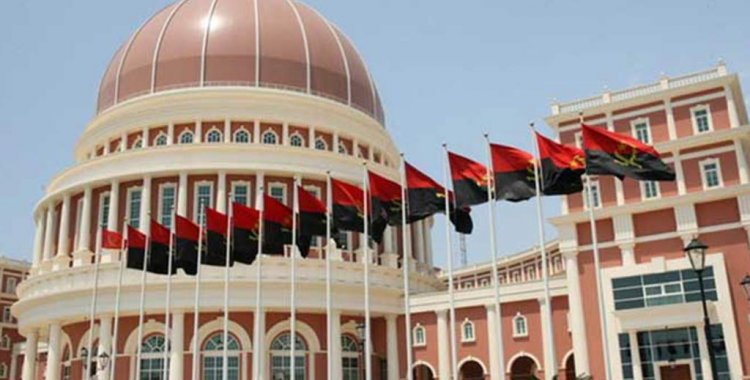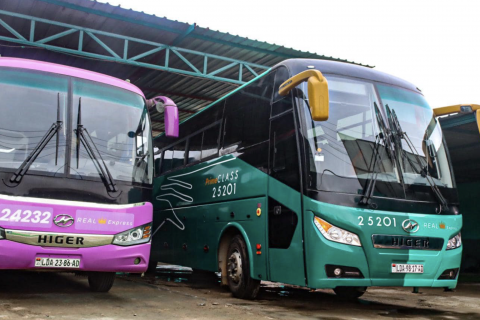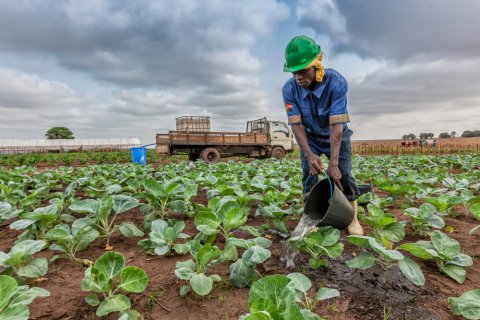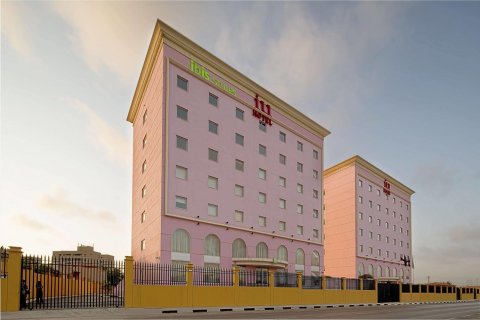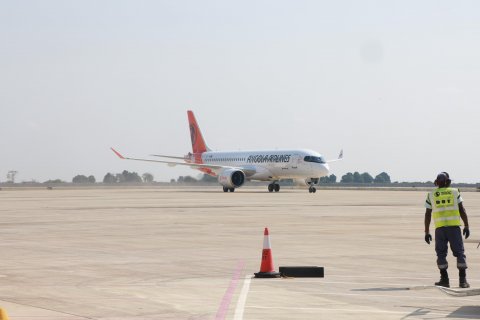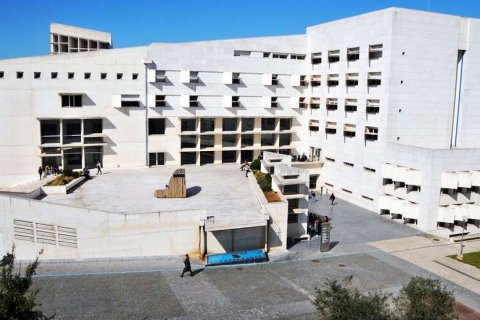According to David Sambongo, the FPU, an opposition platform that brings together the parties UNITA, Bloco Democrático (BD) and PRA-JA Servir Angola, should gain “greater national and international credibility” if it becomes a de facto coalition, instead of remaining an aggregation of parties.
With the legalization of PRA-JA Servir Angola, led by Abel Chivukuvuku, and the recent deliberations of the party’s founding congress, “everything indicates that we probably won’t have the FPU with PRA-JA Servir Angola”, the Angolan political scientist told Lusa.
“Probably due to the alignment we are seeing between the president of the National Union for the Total Independence of Angola (UNITA) and the BD, who remained firm in the continuity of the FPU, the solution that can probably be found will be an FPU with UNITA, BD and which could bring together other political-party forces”, he said.
Sambongo defended the need for the FPU to transform itself into a coalition of parties, especially to safeguard the continuity of the BD in the national political arena, as this party joined the FPU in 2022, when the PRA-JA was just a political project, not yet legalized as a party.
UNITA, the BD, a party that must run in the 2027 elections under penalty of being dissolved, and the PRA-JA Servir Angola ran together as the FPU, that is, in a single list led by UNITA, in the last general elections of 2022, and managed to elect 90 deputies.
The possibility of the FPU becoming a formal coalition of political parties, in light of the Political Parties Law, has been raised in recent years, although many are skeptical about its implementation, especially due to UNITA's historical trajectory, as the political scientist pointed out.
“I also find some reluctance here, I don't know if the president of UNITA, however open he may be, will be able to substantially influence the more conservative wing of his party, in the sense of allowing a formal coalition and not a coalition by aggregation”, he observed.
The analyst insisted that a coalition by aggregation “does not help and can harm and even put the survival of BD at risk”, since, with a legal requirement to run in the next elections with its symbols under penalty of extinction, “it cannot enter into a coalition by aggregation”.
Sambongo also considered that the probable exit of PRA-JA Servir Angola from the FPU should unbalance the political platform, but should not be the end of it, stressing, however, that its disunity should be an “added value” for the MPLA.
The political scientist also pointed out that “this moment of fragmentation” between forces that had come together to “politically combat” the Popular Movement for the Liberation of Angola “may end up being a fundamental aspect to be constructed in the narrative of the MPLA, as a current and main arch-rival of the opposition forces”.
The analyst concluded by saying that the FPU “may continue [without the PRA-JA], but, in the meantime, it will not continue with the same strength as before”, without Abel Chivukuvuku who, “despite being currently highly contested, is a very charismatic figure and counts for a lot at the party spectrum level”.
The leader of the PRA-JA Servir Angola said, at the end of the party’s first congress, this Wednesday, that he had been mandated to prepare the party for the need to advance alone to the 2027 elections, leaving open the idea of leaving the FPU.
On Thursday, the presidents of UNITA and the Democratic Bloc expressed confidence in the FPU, of which they are both members, and regretted the decision of the PRA-JÁ Serving Angola leaves this opposition platform.

